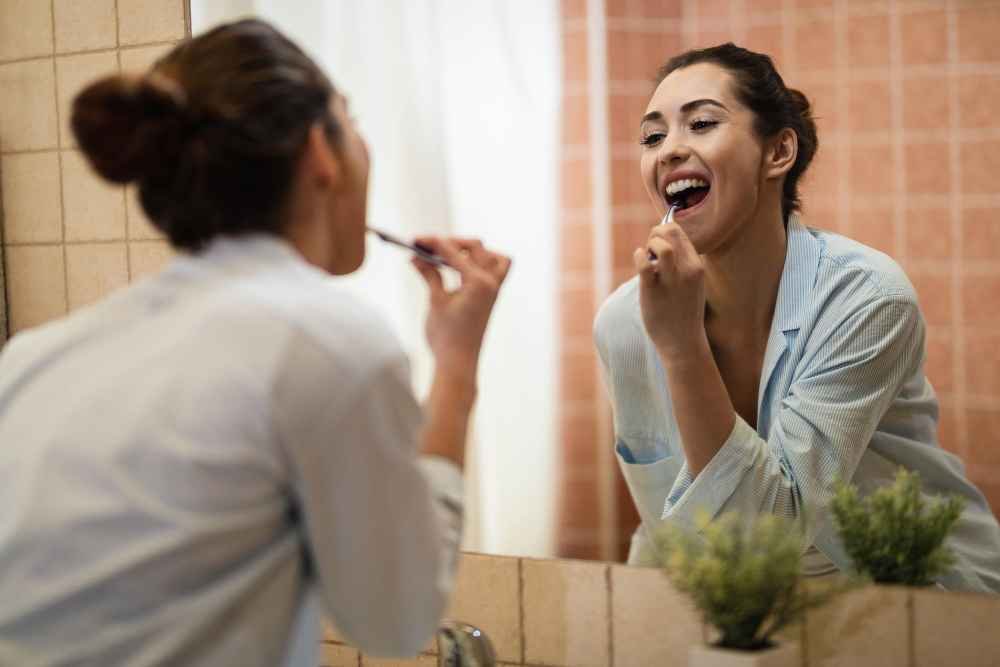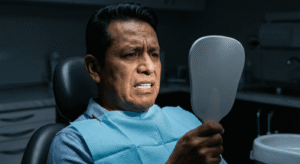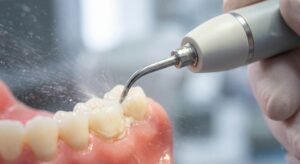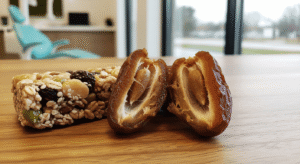Why Is It Important to Brush Your Teeth Correctly?
Proper tooth brushing doesn’t just ensure white teeth and a pleasant smile; it’s also the foundation of overall oral health. When food particles and plaque aren’t effectively removed, there’s a higher risk of developing cavities, gingivitis, and other periodontal issues. Additionally, plaque buildup can harden into tartar—a substance that’s much harder to remove and requires professional care.
Your mouth is a gateway to your overall health, and effective brushing helps prevent diseases like diabetes or infections that may be linked to poor oral hygiene.
Common Mistakes When Brushing Your Teeth
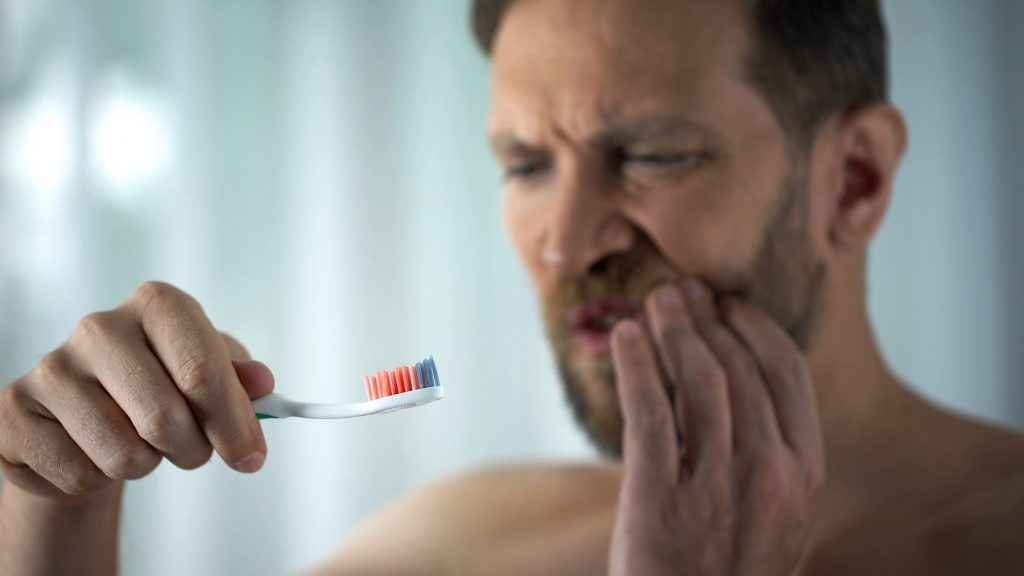
Even though it seems like a simple task, many people make mistakes that can actually harm their dental health. The most common ones include:
- Brushing too hard: This can wear down the enamel and damage the gums.
- Using a worn-out toothbrush: Brushes should be replaced every three months, or sooner if the bristles are frayed.
- Forgetting to clean all tooth surfaces: Especially the inner sides of the teeth.
- Not brushing long enough: An effective brushing should last at least two minutes.
The Perfect Brushing Technique: How to Do It Right
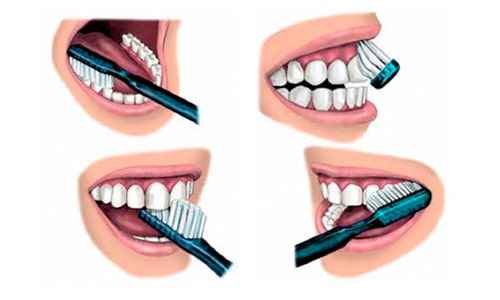
This is where proper technique comes in. According to the BASS method, recommended by experts, you should:
- Hold the toothbrush at a 45-degree angle toward the gum line.
- Use gentle, circular motions without applying too much pressure.
- Make sure to clean all surfaces: outer, inner, and chewing surfaces.
- Pay special attention to the molars and hard-to-reach areas.
Personal note: Technique is everything. It’s not just about brushing quickly, it’s about doing it right to ensure you remove all the built-up plaque and protect your gums.
Frequency and Duration: How Often and When Should You Brush Your Teeth?

Ideally, you should brush at least two to three times a day, preferably after every meal. This helps remove food particles before they turn into plaque.
Personal note: Your brushing frequency should match the number of meals you have each day. This habit ensures that food residue doesn’t linger in your mouth long enough to cause problems.
Choosing the Right Toothbrush: What You Need to Know
Not all toothbrushes are the same, and picking the right one is key to effective oral hygiene.
- Manual or electric: Both work well if used properly, but electric brushes can make the process easier and more thorough.
- Soft bristles: Best for protecting enamel and sensitive gums.
- Head size: A compact brush head can reach tricky areas more effectively.
Personal note: Using the right toothbrush complements both technique and frequency, maximizing your results.
Complements for a Complete Oral Hygiene Routine

Brushing is just one part of the process. For a truly clean mouth, make sure to include:
- Flossing: Removes food particles from between the teeth where the brush can’t reach.
- Tongue cleaning: Using a tongue scraper helps reduce bacteria and bad breath.
- Mouthwash: Complements brushing and helps fight bacteria.
Consequences of Poor Oral Hygiene
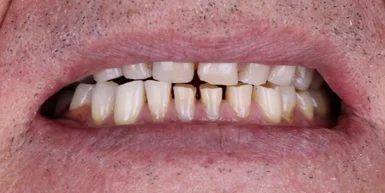
The buildup of plaque and tartar can lead to:
- Cavities and tooth loss.
- Gum diseases such as gingivitis and periodontitis.
- Persistent bad breath and tooth staining.
In the long run, poor oral hygiene can also affect your overall health, increasing the risk of serious infections.
Practical Tips for a Healthy, Long-Lasting Smile
- Be consistent: The key is sticking to a daily routine.
- Visit your dentist regularly: Semiannual checkups are essential.
- Use fluoride toothpaste: It helps strengthen enamel.
- Stay hydrated: Drinking water regularly helps wash away food particles between brushings.
Personal note: Keeping up with the right frequency and paying attention to technique are essential. These small habits can make a huge difference in your oral health.
Conclusion
Brushing your teeth properly is much more than a daily task—it’s an investment in your health. Good technique, the right toothbrush, and a complete routine are the foundation of a healthy mouth and a radiant smile.
For those who prefer a quick, practical summary, our doctor Alejandra Mora explains the process in a simple and effective way in this video:
Turn your oral hygiene routine into a moment of self-care—and a guarantee for a healthier dental future!
